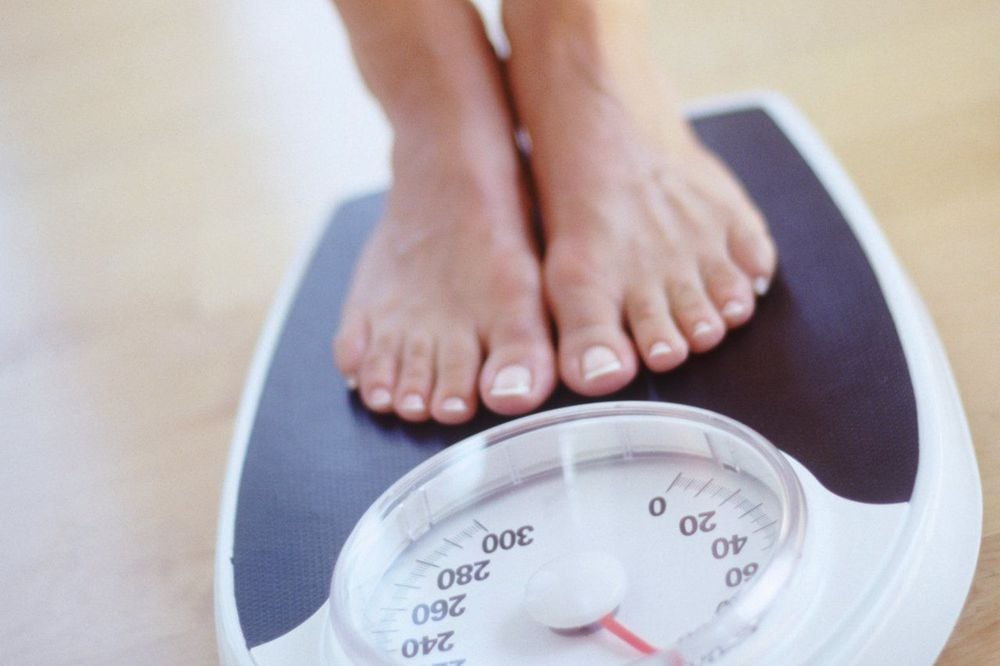Apple cider vinegar has been used in cooking and as a natural remedy for thousands of years. Many people claim it has health benefits, including weight loss, improved blood sugar levels, relief from indigestion, and reduced risk of heart disease and cancer. With its many potential uses, it can be difficult to know how much apple cider vinegar to drink each day. This article will explain how much apple cider vinegar you should drink to achieve different health benefits, as well as the best ways to avoid side effects.
1. Apple cider vinegar has the ability to regulate blood sugar levels
Apple cider vinegar is often recommended as a natural way to control blood sugar levels, especially for people with diabetes who have insulin resistance.
When taken before a high-carb meal, vinegar slows the rate of stomach emptying and prevents blood sugar levels from spiking.
Apple cider vinegar also improves the sensitivity of cells to insulin, helping your body move more glucose out of the blood and into your cells, thereby lowering blood sugar levels.
An interesting fact you may not know about apple cider vinegar is that only a small amount is needed to achieve these beneficial effects. Four teaspoons (20ml) of apple cider vinegar before a meal have been shown to significantly reduce post-meal blood sugar levels. Apple cider vinegar should be mixed with about 60-80ml of water and consumed right before a high-carb meal.
Apple cider vinegar does not significantly lower blood sugar levels when consumed before a low-carb or high-fiber meal.
However, drinking four teaspoons (20ml) of diluted apple cider vinegar in water right before a high-carb meal can reduce post-meal blood sugar spikes.

2. Apple cider vinegar is effective for Polycystic Ovary Syndrome (PCOS)
Polycystic Ovary Syndrome (PCOS) is a hormonal disorder related to irregular menstrual cycles, high levels of androgen hormones causing ovarian cysts, and insulin resistance in women with PCOS.
A three-month study found that women with PCOS who drank one tablespoon (15ml) of apple cider vinegar with 100ml or approximately 150ml of water right after dinner improved their hormone levels and began to have more regular menstrual cycles.
While more research is needed to confirm these results, one tablespoon (15ml) per day appears to be an effective dose for improving PCOS symptoms.
Regularly drinking one tablespoon (15ml) of apple cider vinegar with 100ml of water after dinner can improve PCOS symptoms.
3. Apple cider vinegar helps increase weight loss effectiveness
Apple cider vinegar can help people lose weight by increasing feelings of fullness and reducing the amount of food consumed throughout the day.
In a study, one or two tablespoons (15 or 30 ml) of apple cider vinegar per day for three months helped overweight adults lose an average of 2.6 and 3.7 pounds (1.2 and 1.7 kg), respectively.
Two tablespoons of apple cider vinegar per day have also been shown to help dieters lose nearly twice as much weight in three months compared to those who did not consume apple cider vinegar.
You can stir it into a glass of water and drink it before meals or mix it with oil to make a salad dressing.
Apple cider vinegar is more likely to support weight loss when combined with other dietary and lifestyle changes. Drinking 1-2 tablespoons (15-30ml) of apple cider vinegar daily for several months can help increase weight loss in overweight individuals.

4. Apple cider vinegar helps improve digestion
Many people drink apple cider vinegar before a protein-rich meal to improve digestion. The theory is that apple cider vinegar increases the acidity in your stomach, helping your body produce more pepsin, an enzyme that breaks down proteins.
Although there are no studies supporting the use of vinegar for digestion, other acidic supplements like betaine HCL can significantly increase stomach acid levels. Acidic foods like apple cider vinegar may have a similar effect, but more research is needed.
People who use apple cider vinegar for digestion often drink one to two tablespoons (15-30 ml) with a glass of water right before a meal, but there is currently no evidence to support this dosage.
Some people believe that drinking one to two tablespoons (15-30 ml) of apple cider vinegar before a meal can aid digestion. However, there are no studies to support this practice at this time.
5. Apple cider vinegar helps improve overall health
Other common reasons for using apple cider vinegar include protection against heart disease, reduced cancer risk, and fighting infections. There is very little scientific evidence to support these claims, and no recommended dosages are available for humans.
Animal and test-tube studies suggest that apple cider vinegar may reduce the risk of heart disease, fight cancer, and slow the growth of bacteria, but no studies have been conducted in humans.

Some studies have found that people who regularly eat salad with vinegar-based dressing tend to have a reduced risk of heart disease and less belly fat, but this may be due to other factors.
More research on humans is needed to understand the best dosage of apple cider vinegar for overall health. There is no evidence that apple cider vinegar can protect against cardiovascular diseases, cancer, or infections in humans, so no dosage recommendations can be made.
6. Effective methods to avoid the side effects of apple cider vinegar
Apple cider vinegar is relatively safe to consume but can cause side effects in some people. Because the acidity of apple cider vinegar provides many health benefits, be sure not to mix it with anything that could neutralize the acid and reduce its positive effects.
Keep in mind that the acidity of vinegar can also damage tooth enamel with regular use. Drinking through a straw and rinsing your mouth with water afterward can help prevent this.
Although drinking apple cider vinegar is associated with health benefits, consuming large amounts (8 ounces or 237 ml) daily for many years can be dangerous and is linked to low blood potassium levels and osteoporosis.
If you experience unpleasant side effects after taking apple cider vinegar, such as nausea, burping, or acid reflux, stop using it and discuss these symptoms with your doctor. Apple cider vinegar is relatively safe in small amounts but can erode tooth enamel or cause stomach pain in some people. Large amounts may not be safe to consume over the long term.

7. Conclusion
Apple cider vinegar can help manage blood sugar levels, improve PCOS symptoms, and promote weight loss. The usual dosage is 1-2 tablespoons (15-30 ml) diluted with water and taken before or after meals.
Research does not support claims that it can improve digestion or prevent cardiovascular disease, cancer, or infections. Apple cider vinegar is a relatively safe supplement to consume in moderation but has not been widely studied.
Future studies may reveal more uses and potential benefits and help clarify the most effective dosages.
To arrange an appointment, please call HOTLINE or make your reservation directly HERE. You may also download the MyVinmec app to schedule appointments faster and manage your reservations more conveniently.
Reference source: healthline
To arrange an appointment, please call HOTLINE or make your reservation directly HERE. You may also download the MyVinmec app to schedule appointments faster and manage your reservations more conveniently.



